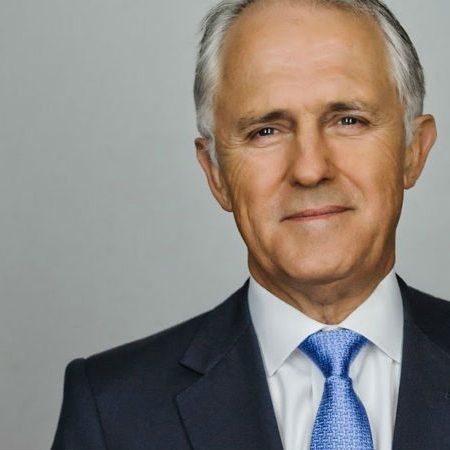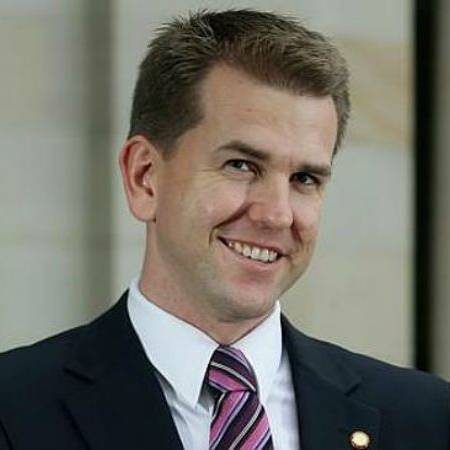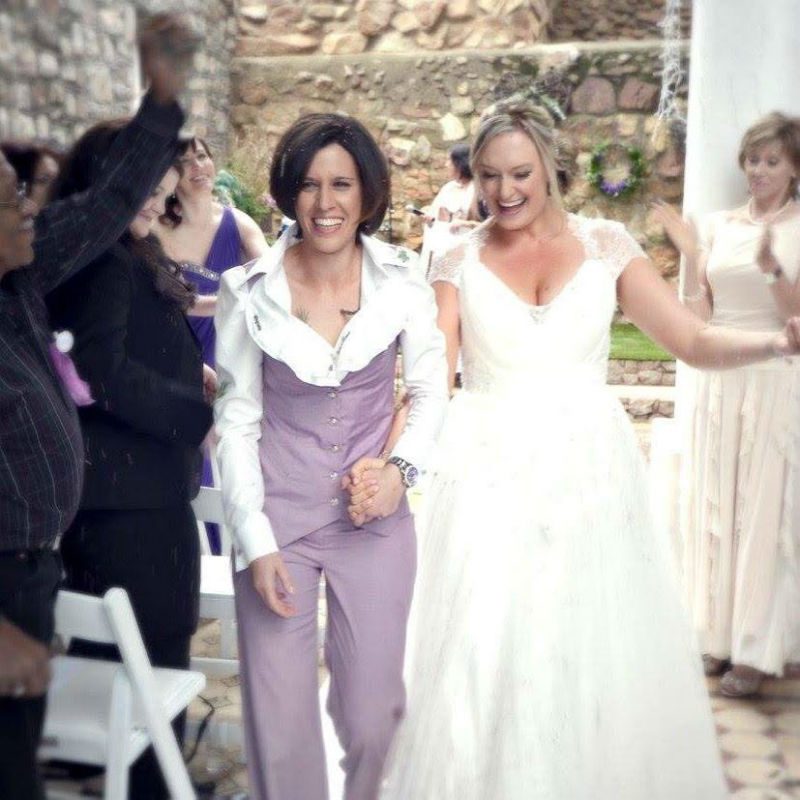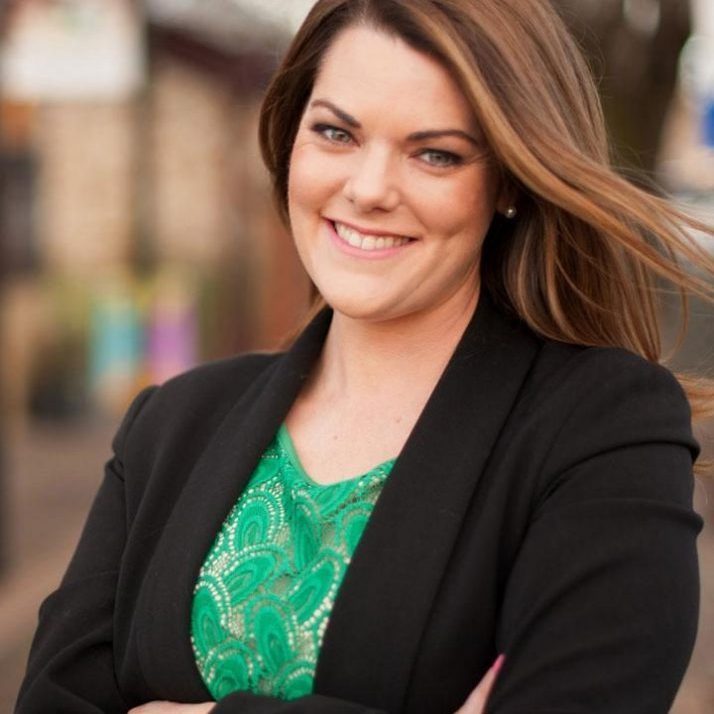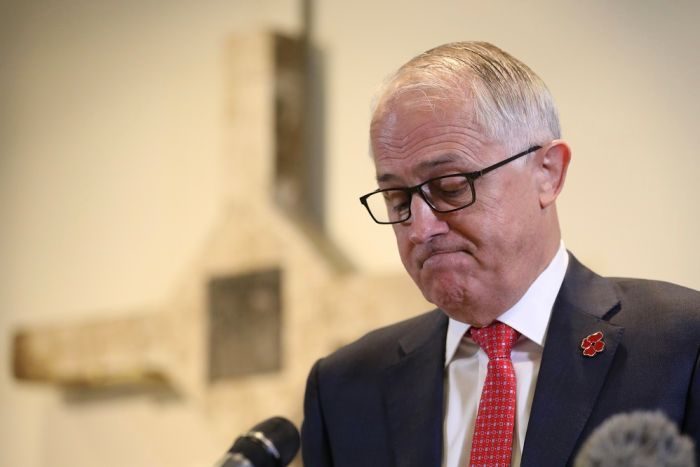
Will the politicians respect the Australian people’s vote?
Conservative senator Eric Abetz made statements earlier this week that he is considering voting against same-sex marriage even if the Australian people want to see change following a national plebiscite.
Prime Minister Malcolm Turnbull has already committed to the $150 million national votes on whether to legalize same-sex marriage after the next election.
Last year, Mr Turnbull told Parliament that “the consequence of a ‘yes’ vote in the plebiscite will be that same-sex marriage will be legal in Australia. When the Australian people make their decision, that decision will stick. It will be decisive. It will be respected by this government and by this Parliament and this nation.”
Abetz, the leading opponent said, “I would need to determine whether [the plebiscite] really is an accurate reflection [of the national view], whether it is all above board or whether the question is stacked, whether all sides received public funding.”
He continued on and stated, “But everyone knows my view is very strongly that a marriage between a man and a woman is the foundational institution for socializing the next generation. And every member of Parliament will make up his or her mind after the plebiscite is held. People will take into account the views of the electorate, the views of the nation and their own personal views. It would be up to each member to decide whether the plebiscite accurately reflects the views of the Australian people, whether it reflects the views of their electorates and whether it is good or bad public policy in their view. There will be people in the Parliament who could not support the outcome of a plebiscite whichever way it went.”
Liberal National MP Warren Entsch, who has been a leading advocate of marriage equality and introduced a private member’s bill to legalize the unions last year, has said Senator Abetz’s statement is “bizarre” and “extraordinary.”
Entsch believes that the plebiscite is a complex and expensive process and the politicians of Australia need to respect the Australian people’s decision.
He said, “Given he was part of the decision-making process [on a plebiscite] I find it rather extraordinary. It makes you wonder why we would spend millions of dollars on a plebiscite if you’re not going to respect the result. I find it rather bizarre. If people make a decision either way we should respect that. It will be a very brave individual—either in the House of Representatives or the Senate—who seeks to challenge the views of the Australian people.”
Government frontbencher, Steve Ciobo, said: “Any politician, any member of parliament, would really have to think twice before they snub their nose at the view of a majority of Australians.” He also said that it would be “passing strange” for a politician to ignore the wants of the Australian people.

